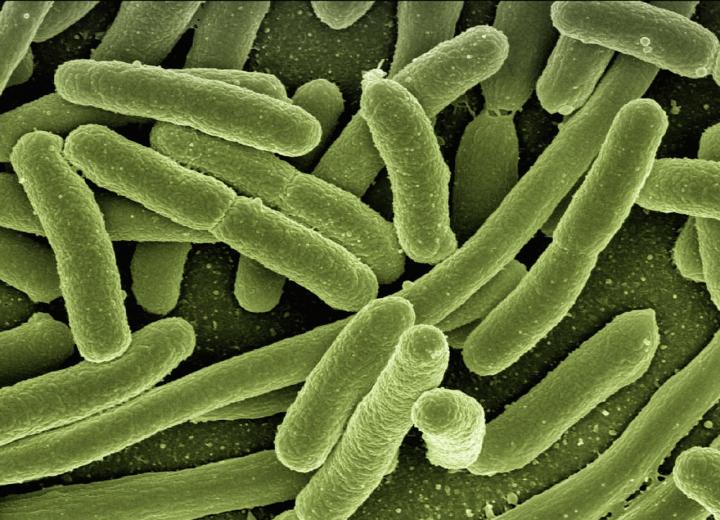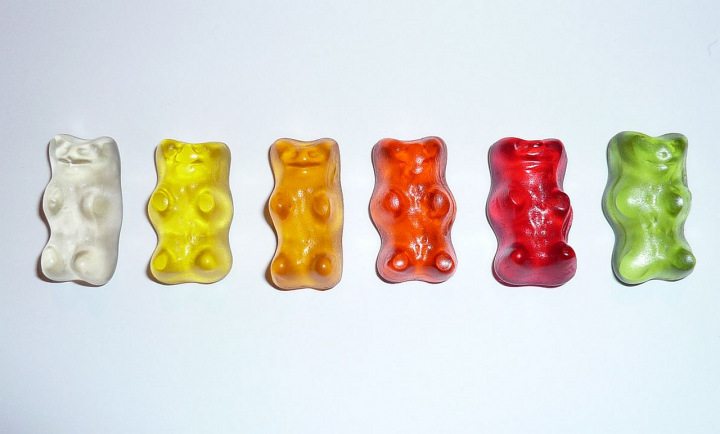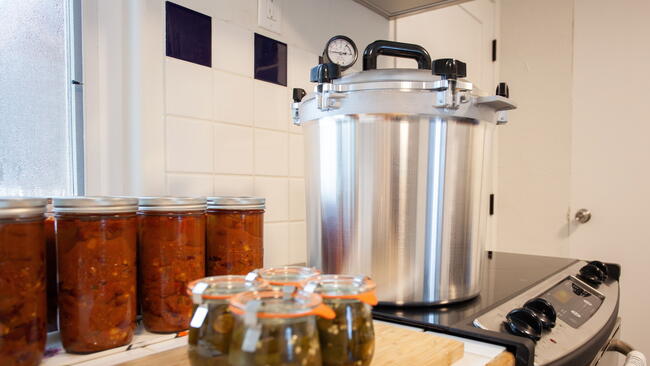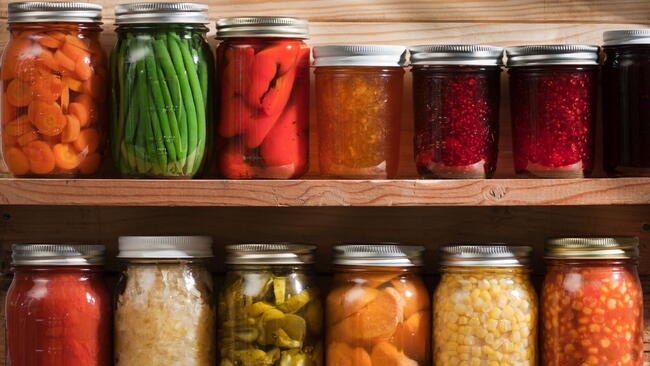Primary Image

How True Is the 5 Second Rule?
More Like This
I've read the article and the comments. The Younger Generation comment is good, but it doesn't go far enough. I was always told "you'll eat a bushel of dirt before you die. It's good for you. It'll make you stronger." I don't think I've gone through a bushel yet (at 76), but I'm doing pretty good so far. Randy is right -- Put down the gadgets and go out and play in the dirt. It's good for you. (sorry moms. more clothes in the wash and more baths/showers)
I am sure most people, like myself, believe that the 5-Second Rule is a farce. Of course, germs do contaminate whatever you have dropped and popped into your mouth. Is it really that bad though ? One commenter wrote about dropping a pill and not throwing the pill away - I and probably most people would never throw a pill away -- medication is expensive. Germs are good because they keep your immune system in check. So go ahead and enjoy the 5-Second Rule even if there are studies out there telling you not to do it.
So how many times I have dropped a pill on the floor! I can't throw out a prescription pill! Don't wear your shoes through the house when you have been out. Those public bathrooms and stores are filled with germs. Take your shoes off near the door and your house and floors will be cleaner.
Got to love Hudson's reasoning below.
Thanks for the laugh !
Five second rule does not matter if you have a three second dog!
I don't care, if it's an Oreo I'm eating it. Mind you, I'm not scraping up mashed potatoes.......
A first for me! Never have heard of this until reading this article. Since I can remember, any food dropped on the floor is tossed into the trash! Never, never eaten no matter how clean the floor is or what type of flooring. I wonder - how and why would anyone want to eat something that has been on the floor!! Should a dish cloth be dropped, it goes in the washing machine. And --- NO --- I am not an overly clear nor an overly dirty house keeper, just using common sense,
Just use common sense! I drop grapes or berries on the floor from time to time but after picking them up I wash them off and eat them. I have done this for over 60 year's and I have never gotten sick.
Now, if you drop your gum in the chicken house or your peanut butter and jelly sandwich falls face down in the outhouse just let it go!!
I have seen this type of experiment done several times before by scientists. They always use untreated surfaces using only the microorganisms already present (such as a kitchen floor or a public sidewalk), or they use the types of microorganisms you would most likely find on the surfaces, in the amounts that would be there in real life situations. They all stated that the amount of time time food is in contact with the surface does indeed affect how many germs get on the food. They also stated that all contact which was 5 second or shorter was not long enough for harmful amounts to be transferred, although longer exposure or repeated consumption of contaminated food in a short amount of time could lead to a build-up of harmful amounts. Even on a sidewalk which was found to contain Salmonella & E-Coli, there was not enough of either within the 5 second exposure to cause any harm or illness to a normally healthy person. I don't feel the experiment in this article is valid since we don't know how much was used to contaminate the area, which could have been more than what would be there in real life situations, and we don't know how much was transferred to the food or if any measurements were even taken. The whole thing seems unscientific and poorly executed.
To expand on a previous comment: "contamination" is relative. NOTHING we eat is sterile in a microbiological sense; the key is to keep things reasonably clean. Our immune system is designed to handle small quantities of bacteria (and many viruses), and such exposure is probably beneficial and necessary, particularly in childhood; illness occurs when the dose gets too high. People with weakened immune systems - AIDS, some cancer patients on chemo, transplant patients on immunosuppression - have a lower threshold for illness, and may need to be more careful; healthy folk can afford to be a bit more casual.
It also depends on where you are. The countertops in hospitals - the surfaces on which people normally lean, and rest their food - are home to more and worse bacteria than the sidewalks outside, because the widespread (and often necessary) use of antibiotics in hospitals has made many of those bacteria resistant to the usual drugs, and of course because hospitals are where you find the people with the worst infections. You might actually do better eating something off the sidewalk than off of the table in the staff lounge! (Again, dosage is the key: in reality, you're generally safe if you ingest a few microbes.)
Finally, people are their own little ecosystems; the average person is home to about a thousand species of bacteria! (A disturbing thought, perhaps, but the vast majority are beneficial or harmless.) If you drop something on the floor of your own house, the bacteria with which it will come into contact are mostly the ones you already harbor; it's generally exposure to NEW microbes which makes people sick.
- « Previous
- 1
- 2
- …
- 10
- Next »











Comments